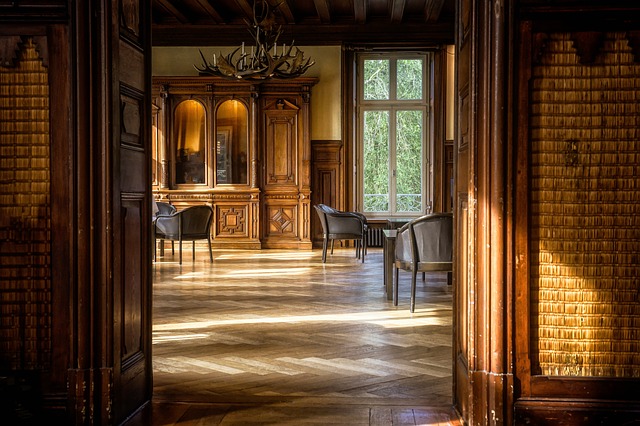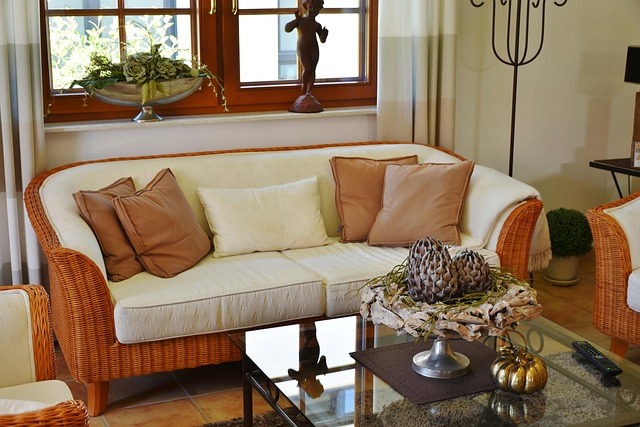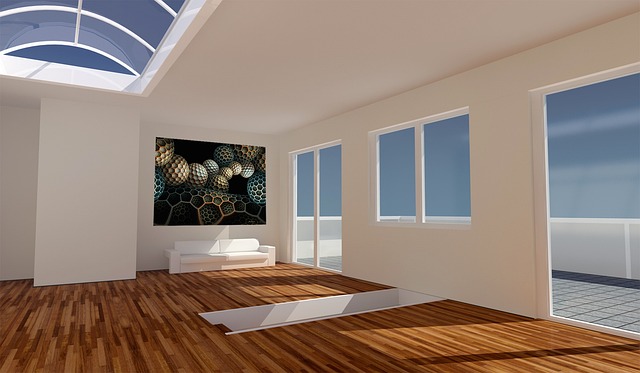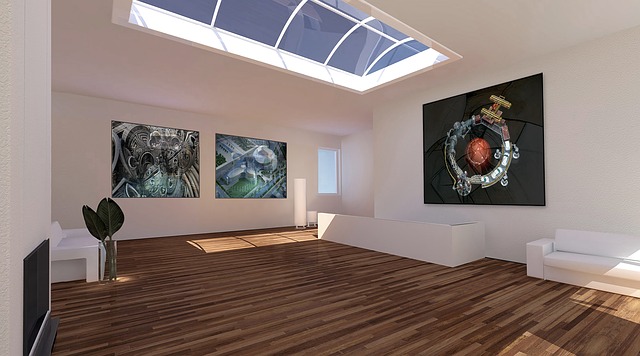In college, prioritizing privacy alongside vibrant social connections is key for students' academic and personal well-being. Comfortable living spaces, whether on or off campus, offer private retreats to balance social engagement. Tips include creating boundaries, designing cozy study areas, communicating with roommates, and structuring time for both socializing and alone time. This blend of privacy and community strengthens student experiences, enabling academic success while enjoying campus life.
Balancing social and private life in college is a delicate act. While campus life offers abundant social opportunities, maintaining personal space and privacy is essential for academic success and overall well-being. This article explores the importance of privacy in higher education, navigates the social landscape of college, provides tips on creating comfortable living spaces, and offers strategies for striking a harmonious balance between socializing and studying. Discover how technology can facilitate healthy boundaries and learn practical living tips for optimal student experiences.
- Understanding the Importance of Privacy in College
- Navigating Social Life on Campus: Opportunities and Challenges
- Creating Comfortable Living Spaces for Optimal Focus
- Tips for Maintaining Privacy in Student Housing
- Striking a Balance: Strategies for Students
- The Role of Technology in Facilitating Healthy Boundaries
Understanding the Importance of Privacy in College

In the bustling atmosphere of college, where social interactions thrive and new friendships form every day, it’s easy to overlook the importance of privacy. However, maintaining a sense of personal space is crucial for students’ overall well-being and academic success. Balancing social life with private moments allows students to recharge, reflect, and maintain their mental health. Comfortable living spaces, whether in dormitories or off-campus apartments, equipped with adequate privacy, play a significant role in fostering a student’s sense of belonging and autonomy.
Privacy in college isn’t just about having your own room; it also involves creating boundaries within shared spaces. Student housing facilities that prioritize privacy ensure individuals can study, relax, or simply be alone without feeling intruded upon. These living tips promote a healthy dynamic where students can engage in social activities while still valuing and protecting their personal time, contributing to a more balanced college experience.
Navigating Social Life on Campus: Opportunities and Challenges

Navigating Social Life on Campus presents a unique set of opportunities and challenges for college students, especially when it comes to balancing privacy with an engaging social life. On one hand, campus life offers a vibrant environment filled with diverse events, clubs, and study groups that facilitate connections and friendships. These interactions can be incredibly enriching, fostering a sense of community and belonging. However, the constant buzz and social pressure can also make it difficult for students to find moments of solitude and privacy, which are essential for mental well-being and maintaining personal boundaries.
To strike this delicate balance, students should consider their living arrangements and surround themselves with comfortable, private spaces where they can retreat from the hustle and bustle. Privately owned student housing or dorms with good soundproofing and ergonomic study areas can significantly contribute to a peaceful atmosphere. Additionally, adopting effective time management skills and setting clear boundaries between social engagements and personal study time will help students thrive both academically and socially during their college journey.
Creating Comfortable Living Spaces for Optimal Focus

Creating a balanced environment is essential for students aiming to excel both academically and socially. One key aspect is designing comfortable living spaces that cater to individual needs. In college, privacy becomes a valuable commodity, especially when managing a busy schedule. Students should consider their housing options carefully; private rooms or suites within residence halls can offer the much-needed solitude for studying, relaxing, and maintaining personal boundaries. This setup encourages focus by eliminating distractions and allows students to create a sanctuary where they can recharge after social engagements.
To enhance this space, incorporating elements that reflect personal style can boost comfort levels. Cozy furniture, subtle lighting, and tasteful decor contribute to a calming atmosphere. Additionally, ensuring adequate storage solutions prevents clutter, fostering a sense of order and tranquility. Balancing social and private life is an art, and crafting a comfortable living area is a crucial step towards achieving harmony during the college years. These living tips enable students to thrive academically while also enjoying the vibrant social aspects of campus life.
Tips for Maintaining Privacy in Student Housing

Maintaining a sense of privacy while embracing the social aspects of college life can be challenging, especially in close-knit student housing. Here are some tips to help balance the two: Firstly, establish clear boundaries with your roommates or suitemates. Open communication is key; discuss expectations regarding study hours, personal space, and noise levels. Creating a comfortable living environment where everyone feels respected and heard fosters an amicable atmosphere.
Additionally, utilize available spaces to create designated areas for socialising and studying. For instance, utilise common rooms or outdoor spaces for social gatherings while setting aside quiet zones for focused work or personal downtime. Remember, finding the right balance between social engagement and private moments is essential for a healthy college experience. These practices promote not only a peaceful environment but also strengthen community bonds within student housing.
Striking a Balance: Strategies for Students

Striking a balance between social and private life in college is an art that many students strive to master. With endless opportunities for socializing, academic demands, and the desire to explore independence, it can feel overwhelming. However, developing healthy habits early on can ensure a comfortable living experience.
Students should consider their personal needs when choosing housing options. Comfortable living spaces that offer privacy are ideal, whether that’s off-campus apartments or university dormitories with well-defined common areas. Building a routine that allocates time for studying, socializing, and relaxation is key. Student living tips include setting boundaries, such as designated ‘quiet time,’ to respect fellow residents’ privacy. Additionally, joining relevant clubs or societies can foster meaningful connections while still allowing for personal space.
The Role of Technology in Facilitating Healthy Boundaries

In today’s digital age, technology plays a pivotal role in helping students achieve a harmonious balance between their social and private lives on campus. With easy access to communication tools like messaging apps, social media platforms, and video calls, students can stay connected with friends and family while maintaining comfortable living spaces in student housing. These technologies allow for flexible interactions, enabling students to set boundaries according to their preferences and schedules. For instance, setting specific times to check notifications or participating in ‘do not disturb’ modes during study hours can foster a healthier routine.
Furthermore, many comfortable living spaces in college now incorporate design elements that respect privacy, such as private bedrooms and well-insulated common areas. Combined with student living tips like establishing clear communication expectations with roommates, these factors contribute to creating an environment conducive to both social engagement and personal downtime. This balance is essential for students’ overall well-being and academic success.






